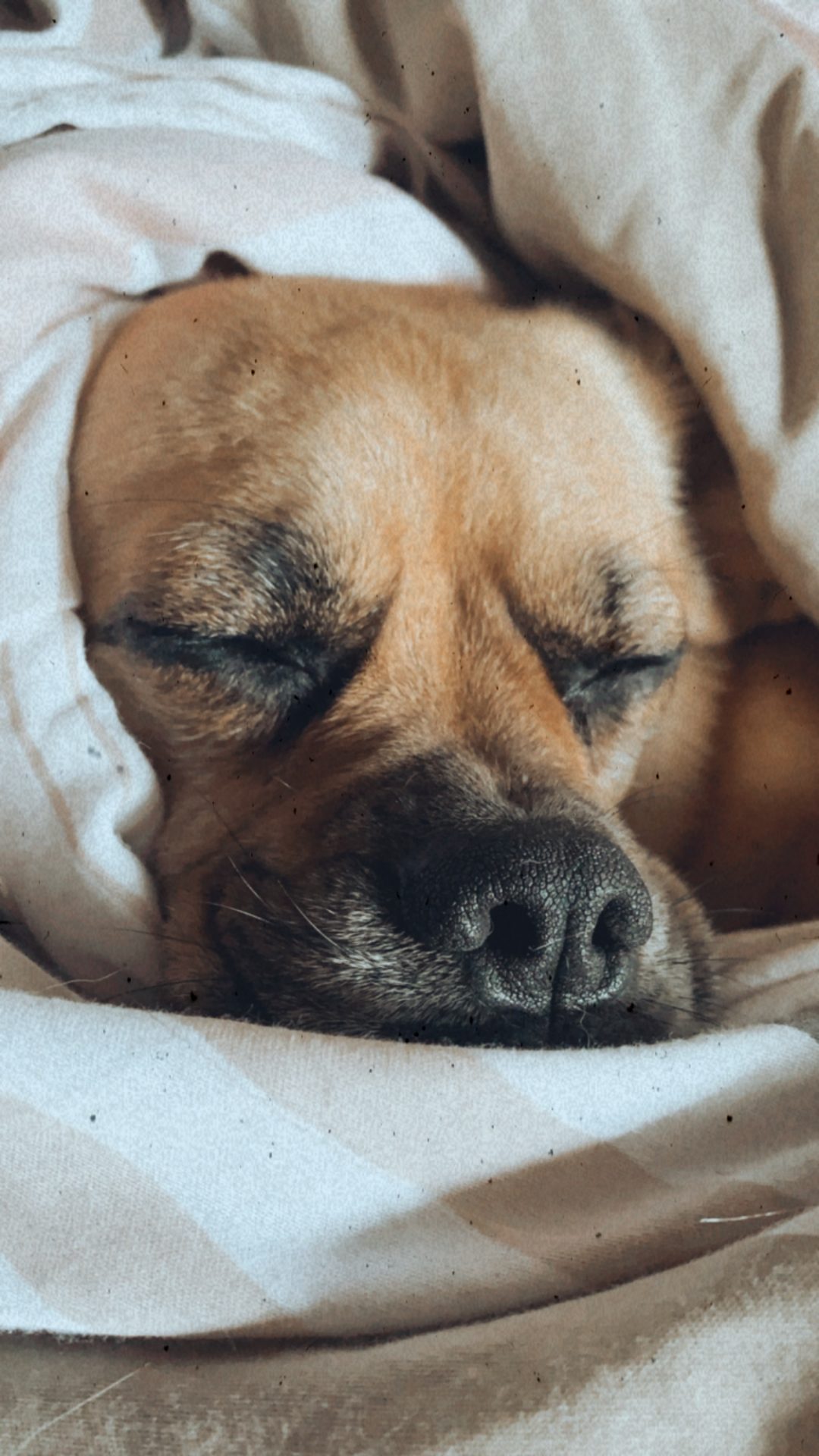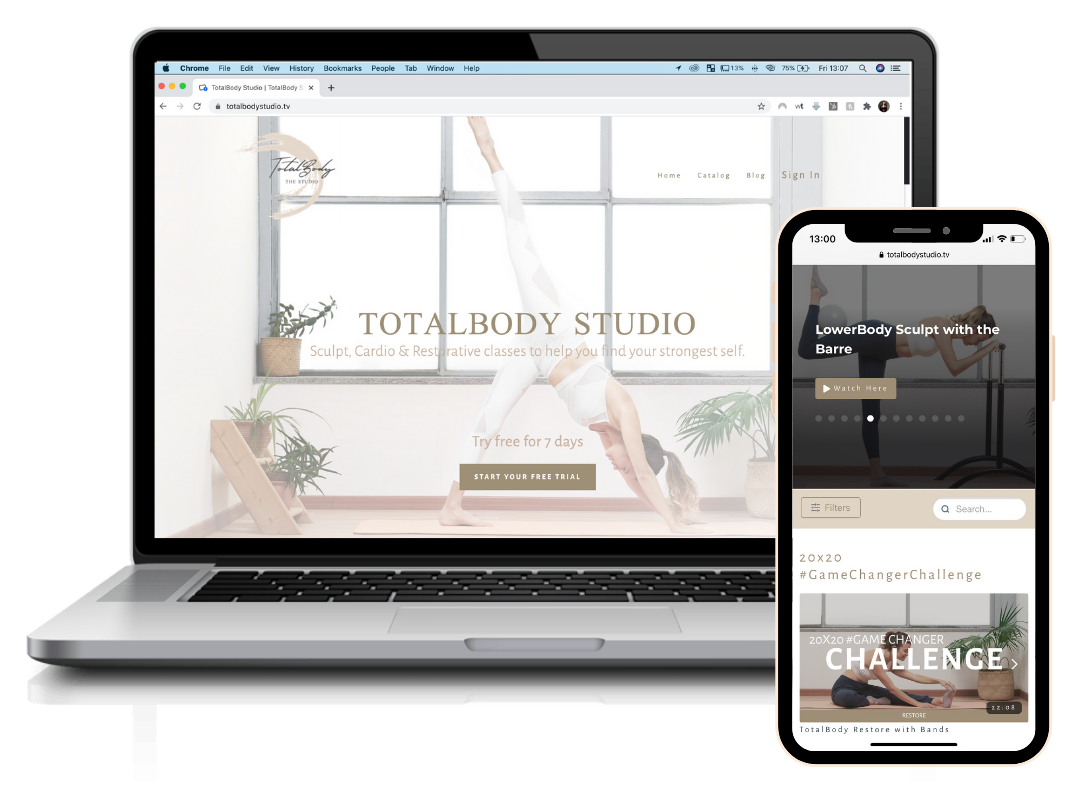
Quarantine it wasn’t all bad. More time for home workouts, cooking and…sleep!
I actually heard the comments of lots of clients who are concerned about going back to normal as they might loose their healthy routine.
We all know by now how sleeping plays a key role in making us productive, creative, focused and…fitter – yeah that too! So what can we do to not lose all the gained benefits in a heartbeat?
I hope my 5 easily-actionable steps can help you:
- Regularity is key. Stick to a sleep schedule of the same bedtime and wake up time, even on the weekends. This helps to regulate your body’s clock and could help you fall asleep sooner and also…stay asleep!
- Use light to help manage your circadian rhythms. Start your winding down process by dimming all the lights in the house and avoid blue light devices before bedtime. Yep that means no insta scrolling late in the evening…Instead perhaps tuck into your reading list, listen to a podcast, have a hot bath, do your skincare routine, chat with your partner/flatmates over a nice cuppa. Make sure to also expose yourself to sunlight in the morning, this will keep your circadian rhythms in check.
- Temperature is key to cue your body that it’s time to fall asleep; the experts say that your brain needs to register a drop of at least 2/3 degrees. Your bedroom should be cool but also there are tricks that could help you fall asleep sooner. Like having a hot bath/shower for example, after which your core body temperature will plummet and will make you feel sleepy.
- Design your sleep environment to establish the conditions you need for sleep. A part for being cool, your bedroom should also be free from noise and any light. This includes a bed partner’s sleep disruptions such as snoring. Consider using blackout curtains, eye shades, ear plugs, “white noise” machines, humidifiers, fans and other devices. Make sure your mattress is comfortable and supportive as well as your pillows. Basically make the room attractive and inviting for sleep.
- Don’t go to bed too full or too hungry. Avoid alcohol, cigarettes, and heavy meals in the evening. Alcohol, cigarettes and caffeine can disrupt sleep. Eating big, starchy and high in sugar meals doesn’t allow you to get in the deep sleep phase – which is the one where our cells truly repair/recover. If you can, avoid eating large meals for two to three hours before bedtime.

